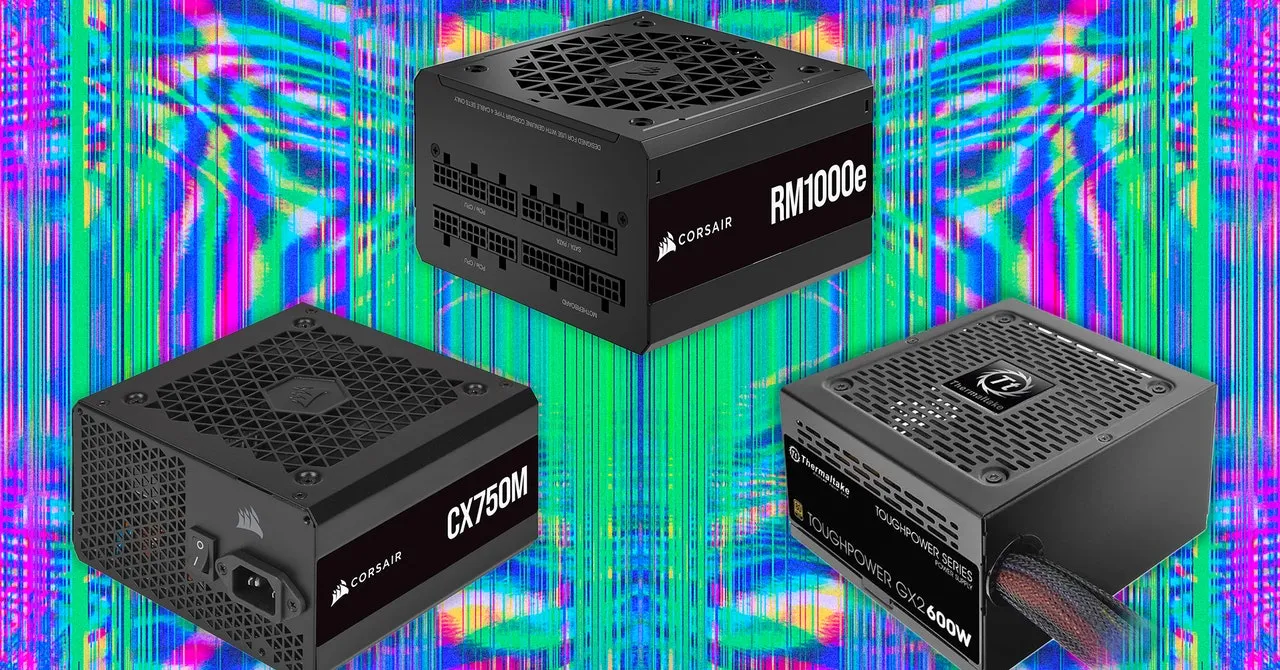Buying Guides for PC Power Supplies: Modular vs Non-Modular Explained

Understanding Power Supplies
If you're in the market for a new power supply, knowing the differences between modular and non-modular options is essential. Modular power supplies allow you to connect only the cables you need, enhancing cable management and airflow. Non-modular supplies, on the other hand, come with all cables permanently attached, making them a viable choice for basic setups.
Benefits of Modular Power Supplies
- Improved cable management eliminates clutter and enhances airflow.
- Allows custom cable lengths for a neater build.
- Compatible with the latest technology standards like ATX 3.0.
Examples of Modular Options
One of the best options is the Corsair RM1000e, which supports modular design for an organized setup.
Exploring Non-Modular Alternatives
While they may not offer the best flexibility in setup, non-modular power supplies, such as Thermaltake Toughpower GX2, serve adequately for basic systems.
Considering Semi-Modular Supplies
These provide a compromise but can lead to confusion with cables. The Corsair CX750M is a recommended choice if you opt for semi-modular.
Final Thoughts on Buying Guides
When making your purchasing decisions, consider the long-term benefits of investing in a modular power supply to enhance your PC's performance and longevity. Power supplies are core components that significantly impact your system.
This article was prepared using information from open sources in accordance with the principles of Ethical Policy. The editorial team is not responsible for absolute accuracy, as it relies on data from the sources referenced.